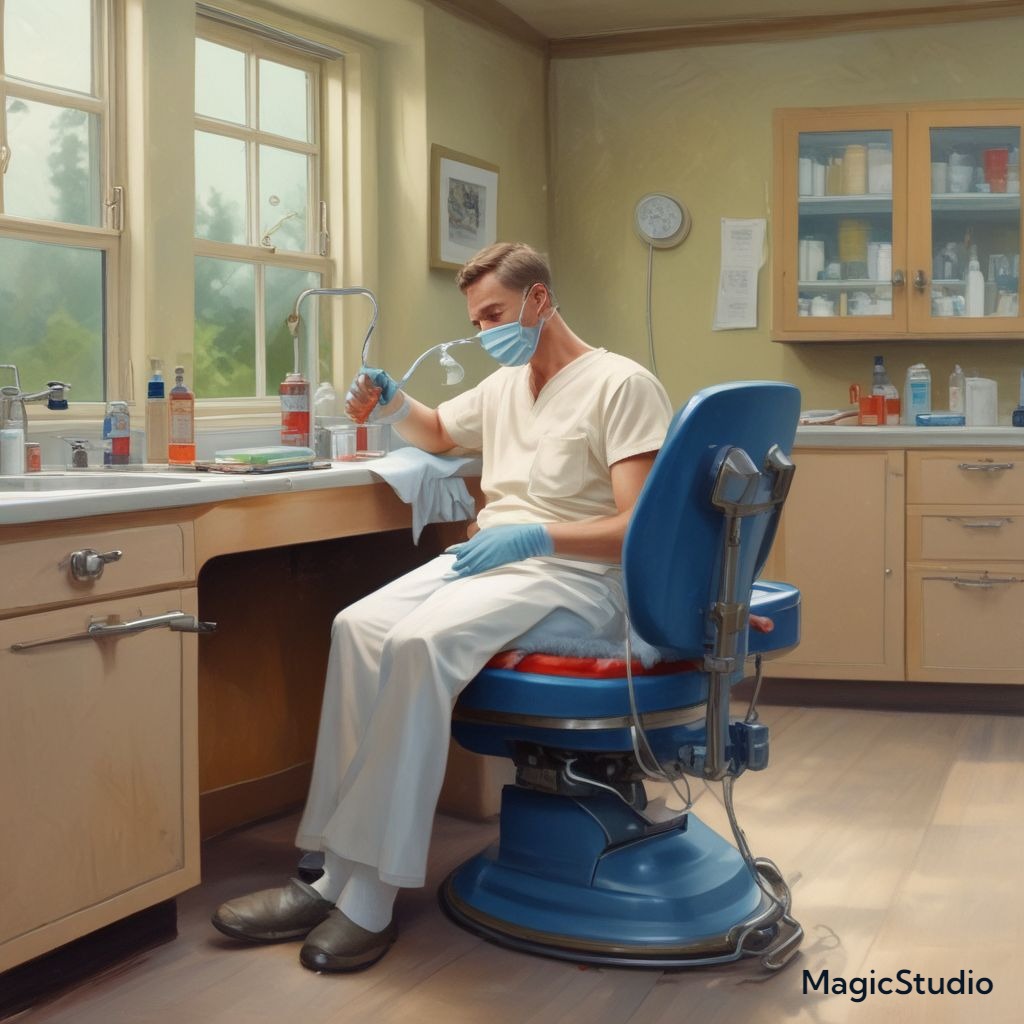Emergency Dental Care: What to Do When You Need Urgent Treatment

Facing a dental emergency can be distressing, but knowing how to respond promptly can make a significant difference in preserving your oral health. Whether it’s severe pain, a knocked-out tooth, or an injury, understanding what constitutes a dental emergency and how to handle it can mitigate complications. Here’s a comprehensive guide on what to do when you need urgent dental treatment:
Recognizing Dental Emergencies
-
Severe Tooth Pain
Persistent and severe toothaches that are not relieved by over-the-counter pain relievers may indicate an underlying issue like an infection or dental abscess. -
Knocked-Out Tooth
If a tooth is completely knocked out, quick action can sometimes save the tooth. Handle the tooth by the crown (top), not the root, rinse it gently with water if dirty, and try to reinsert it into the socket. If that's not possible, store it in milk or saliva and seek immediate dental care. -
Broken or Cracked Tooth
Rinse your mouth with warm water to clean the area. If there's swelling, apply a cold compress to the outside of your cheek. Save any broken tooth fragments and see your dentist as soon as possible. -
Loose or Lost Dental Filling or Crown
Losing a filling or crown can expose sensitive tooth structure and lead to pain or discomfort. Keep the area clean and visit your dentist promptly for repair or replacement. -
Abscess or Swelling
A dental abscess is a serious infection that can cause swelling of the gums, face, or neck, accompanied by severe pain. Seek immediate dental care as abscesses can spread to other parts of the body if left untreated.
Steps to Take During a Dental Emergency
-
Contact Your Dentist
Call your dentist’s office as soon as possible to explain the situation and request emergency treatment. Many dental practices have protocols for handling emergencies and may provide guidance over the phone. -
Manage Pain
Use over-the-counter pain relievers like ibuprofen (Advil) or acetaminophen (Tylenol) to alleviate pain and discomfort. Avoid placing aspirin directly on the tooth or gums as it may cause burns. -
Handle a Knocked-Out Tooth
If a tooth is knocked out, handle it carefully by the crown, rinse it gently with water (do not scrub), and try to reinsert it into the socket if possible. If not, keep it moist by storing it in milk or saliva until you can see a dentist. -
Control Bleeding
Apply gentle pressure with clean gauze or a clean cloth to control any bleeding from the mouth or gums. Rinse with warm water if necessary to clean the area. -
Protect the Tooth
If a tooth is fractured or chipped, save any broken pieces and bring them with you to the dental appointment. Use dental wax or temporary dental cement (available at pharmacies) to cover sharp edges and protect your tongue and cheeks.
When to Seek Immediate Medical Attention
- Severe bleeding that doesn’t stop
- Trauma to the jaw or face
- Difficulty breathing or swallowing
- Signs of infection like fever and swelling that worsens
Conclusion
Knowing how to respond to a dental emergency can minimize pain, preserve oral health, and prevent complications. If you experience a dental emergency, don’t hesitate to contact hellodental.in for prompt, professional care. Our team is committed to providing emergency dental services to help you regain comfort and peace of mind. Remember, quick action can make a difference in saving a tooth or preventing further damage.
If you have any concerns about dental procedures or their effects on your overall health, it is always best to consult with your dentist or healthcare provider. They can provide personalized advice and address any specific questions you may have.